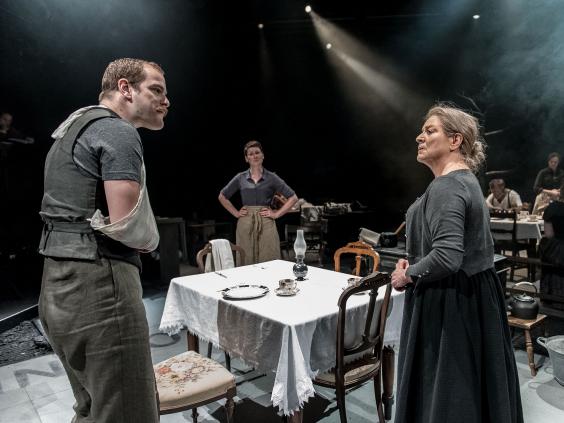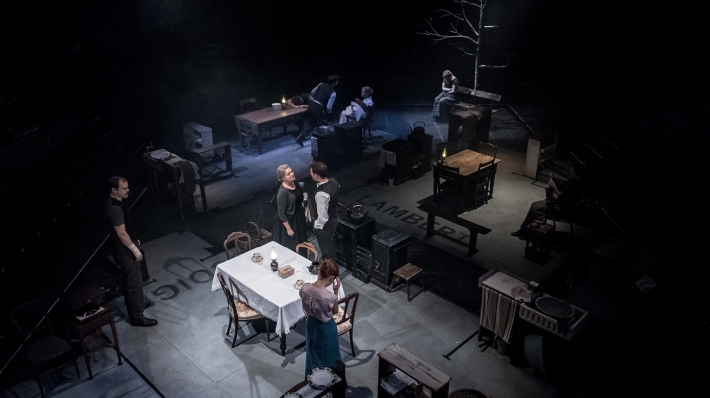


However, in a letter to Barbara Low in September 1916, Lawrence objects to Alfred Kuttner's newly published Freudian review of his novel: "My poor book: it was, as art, a fairly complete truth: so they carve a half lie out of it, and say 'Voilà'. We have loved each other, almost with a husband and wife love" ("To Rachel" 190). To Rachel Annand Taylor, for example, he wrote a letter in December 1910, shortly before his mother's death, that describes his parents' marriage and his own relationship to them in distinctly oedipal terms: hatred of his father "has been a kind of bond between me and my mother. Indeed, Lawrence's future wife Frieda's influence on the final draft of the novel is thought to have infused it with then little-known Freudian concepts, the fruit of her recent intimacy with Otto Gross (Worthen 442–43).2 Furthermore, Lawrence himself unwittingly encouraged a psychoanalytic reading by statements, stretching back to when the novel was first conceived, that alternately seem to justify and to reject such an interpretation, an ambivalence that is, inevitably, additional grist to the psychoanalytic mill where denial is often a form of admission. Lawrence's twelve novels, his third, Sons and Lovers, has been subjected to by far the most extensive psychoanalytic scrutiny, and understandably so.1 Carol Sklenicka goes so far as to call it "the novel that brought English literature into the psychoanalytic age" (5). The qualitative pattern of the paper focuses on the textual analysis of the novel to show that Sons and Lovers can be approached through the concept of rivalry and sibling Rivalry. Second: the rivalry triangle of Louisa, Miriam and Mrs. First: between Paul and William as brothers on one hand, and Paul and father and mother on the other. This concept is discussed in terms of two levels of relationships. The discussion tackles the sibling rivalry between the members of the Morels and extends to reexamining the rivalry between other characters.

This paper reexamines Sons and Lovers from the perspective of rivalry based on Alfred Adler’s psychological studies. Many studies have been conducted on the Oedipus complex theory and psychological relationship between men and women in Lawrence’s novels reflecting the early twentieth century norms of life. Lawrence’s most prominent novels in terms of psychological complexities characteristic of most, if not all, of his other novels.


 0 kommentar(er)
0 kommentar(er)
